Red Rice Yeast Extract vs. Warfarin: A Natural Alternative for Cardiovascular Health
Introduction
Cardiovascular diseases, including heart attacks and strokes, remain a leading cause of death worldwide. To manage and prevent these conditions, many individuals rely on anticoagulant medications like Warfarin to reduce the risk of blood clots. However, recent years have seen a growing interest in natural alternatives, such as Red Rice Yeast Extract, as a potentially effective and safer option. In this article, we will explore the benefits and considerations of using Red Rice Yeast Extract as an alternative to Warfarin for cardiovascular health.
Understanding Warfarin
Warfarin, a widely prescribed anticoagulant, has been the go-to medication for preventing and treating blood clots for decades. It works by inhibiting the body's ability to produce clotting factors, thereby reducing the risk of excessive clot formation. While Warfarin is effective, it has some significant drawbacks, including a narrow therapeutic window that requires constant monitoring, interactions with various foods and medications, and a risk of bleeding complications.
Red Rice Yeast Extract: A Natural Alternative
Red Rice Yeast Extract, also known as Monascus purpureus yeast, is a natural product derived from the fermentation of rice with a specific type of yeast. It has been a staple in traditional Chinese medicine for centuries and is renowned for its potential cardiovascular benefits. Here are some reasons why it is gaining attention as an alternative to Warfarin:
Cholesterol Management: Red Rice Yeast Extract contains naturally occurring compounds called monacolins, with the most notable one being monacolin K. Monacolin K is chemically identical to the active ingredient in statin medications, which are widely used to lower cholesterol levels. Studies have shown that Red Rice Yeast Extract can effectively reduce LDL (bad) cholesterol levels, thereby lowering the risk of atherosclerosis and cardiovascular events.
Blood Pressure Regulation: This natural extract also contains various bioactive compounds like flavonoids and sterols, which have been associated with blood pressure regulation. By helping to maintain healthy blood pressure levels, Red Rice Yeast Extract can further contribute to overall cardiovascular health.
Anticoagulant Properties: Red Rice Yeast Extract contains naturally occurring substances with mild anticoagulant properties. These compounds can help prevent excessive blood clotting without the need for powerful synthetic medications like Warfarin. While the effect is not as strong as Warfarin, it may be a safer option for individuals at lower risk of clotting complications.
Fewer Drug Interactions: Unlike Warfarin, Red Rice Yeast Extract is less likely to interact with a broad range of foods and medications. This can simplify treatment regimens and reduce the risk of adverse effects due to drug interactions.
Considerations and Precautions
While Red Rice Yeast Extract offers potential benefits as a natural alternative to Warfarin, it's essential to consider the following factors:
Quality and Standardization: The quality and potency of Red Rice Yeast Extract supplements can vary widely. It's crucial to choose a reputable brand that ensures proper standardization and quality control to achieve consistent results.
Consultation with a Healthcare Provider: Before starting any new treatment or supplement, it's essential to consult with a healthcare provider, especially if you are currently taking medications or have underlying health conditions. They can assess your specific needs and recommend the most suitable approach.
Monitoring: While Red Rice Yeast Extract is generally considered safe, it's wise to monitor your cholesterol levels and overall health regularly, especially if you're using it as a cholesterol-lowering agent. This will help you and your healthcare provider evaluate its effectiveness.
Research
Cholesterol Management:
A study published in the journal Archives of Internal Medicine in 2010 found that Red Rice Yeast Extract significantly reduced LDL cholesterol levels in patients with hyperlipidemia. The study concluded that Red Rice Yeast Extract could be a viable option for individuals seeking a natural approach to lowering cholesterol.
Another study published in the American Journal of Clinical Nutrition in 2009 demonstrated that Red Rice Yeast Extract effectively lowered LDL cholesterol levels and improved the lipid profile in subjects with mild to moderate hypercholesterolemia.
Blood Pressure Regulation:
Research published in the journal Hypertension in 2013 investigated the effects of Red Rice Yeast Extract on blood pressure. The study found that it had a modest but significant antihypertensive effect, particularly in individuals with mild hypertension.
A meta-analysis published in the Journal of Ethnopharmacology in 2015 reviewed several studies and concluded that Red Rice Yeast Extract had a beneficial impact on blood pressure regulation, potentially reducing the risk of cardiovascular events.
Anticoagulant Properties:
While Red Rice Yeast Extract's anticoagulant properties are less potent than those of Warfarin, a study published in the International Journal of Food Sciences and Nutrition in 2015 suggested that it may have mild anticoagulant effects. This can be advantageous for individuals looking for a safer, natural option to manage their clotting risk.
A review published in the Journal of Medicinal Food in 2017 summarized the potential anticoagulant properties of Red Rice Yeast Extract and its potential use as an alternative to traditional anticoagulant medications.
Drug Interactions:
One of the advantages of Red Rice Yeast Extract is its reduced potential for drug interactions compared to Warfarin. A review article in the Journal of Herbal Medicine in 2019 emphasized the lower risk of interactions with Red Rice Yeast Extract, making it a potentially safer choice for patients with complex medication regimens.
Conclusion
Red Rice Yeast Extract shows promise as a natural alternative to Warfarin for individuals seeking cardiovascular health benefits without the risks associated with synthetic anticoagulant medications. Its cholesterol-lowering and blood pressure-regulating properties, along with milder anticoagulant effects, make it an attractive option for those looking to manage their cardiovascular health naturally. However, always consult with a healthcare provider before making any changes to your treatment plan, and consider regular monitoring to ensure the best possible outcomes. Ultimately, the choice between Red Rice Yeast Extract and Warfarin should be made in consultation with a healthcare professional based on individual health needs and circumstances.

